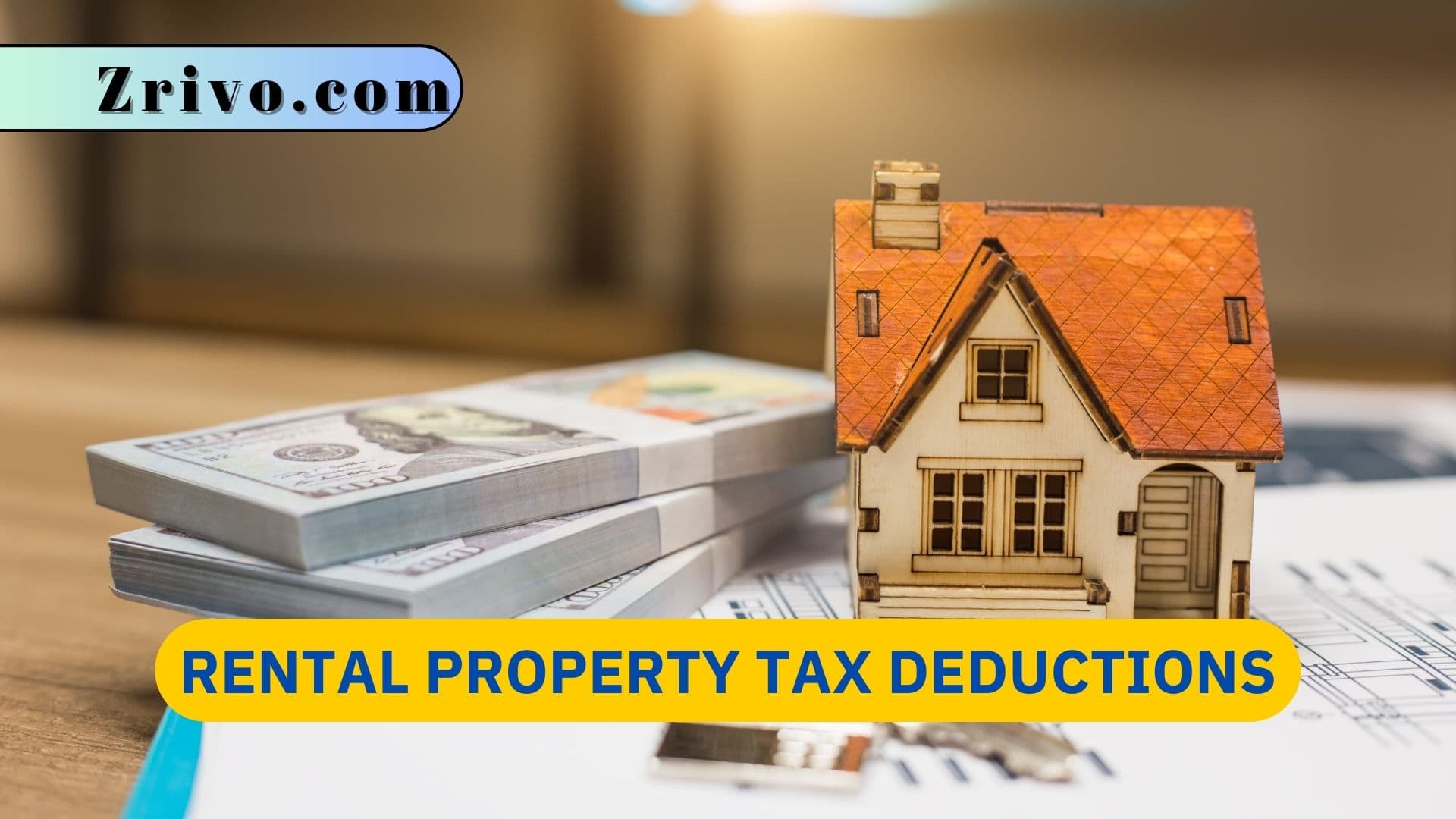
The taxation of rental property can be a complicated process. It’s easy to miss out on valuable deductions with changing laws and regulations yearly. However, missing out on these important write-offs can significantly reduce your business profits. This can lead to paying more taxes than you should.
The first step to claiming the right rental property tax deductions is understanding what expenses are eligible for write-offs. This includes all operating expenses and ownership costs, mortgage interest payments, insurance costs, cleaning, repair, and maintenance fees, tax preparation fees paid to a tax professional, and travel expenses directly related to your rental properties. Keeping detailed records of all the above-mentioned costs is also a good idea.
There are many benefits to renting out property. However, preparing your tax return can be complicated and time-consuming. By using these top rental property tax deductions, you can simplify the process and ensure that you receive all the benefits you deserve.

Common Deductions for Rental Properties
Some rental property tax deductions are the same as those that homeowners can claim. However, there are a few breaks that are unique to rental properties. For example, landlords can deduct the cost of travel to visit properties or make repairs. According to Moolanomy, this includes car mileage, airfare, and hotel costs. In addition, landlords can deduct advertising or marketing expenses to find tenants for their property.
Home Office Deduction: Landlords can calculate this expense by using the simplified or regular method. The simplified method allows landlords to deduct $5 per square foot of their home’s total floor space, while the regular method lets them deduct a percentage of their total home’s square footage.
Eviction Expenses Deduction: Landlords can also deduct the fees for eviction proceedings. This includes court fees and attorney fees. However, landlords should try to avoid eviction proceedings in the first place by thoroughly screening their tenants before they rent to them.
Advertising Deduction: Landlords must keep careful records of advertising expenses. They must have receipts, proof of payment, and documentation of work performed.
Insurance Premiums Deductions: Other common rental property tax deductions include insurance premiums, such as homeowners and renters’ insurance. This coverage helps protect the landlord in the event of a natural disaster or theft. In addition to basic homeowner’s insurance, landlords can also deduct liability coverage and workers’ compensation insurance.
Travel Costs Deduction: Travel expenses related to rental properties can also be deducted. This can include mileage costs for driving to and from properties to conduct inspections and make repairs. It’s important to note that this only applies if the travel is conducted for business purposes and not personal reasons.